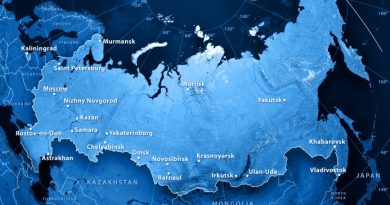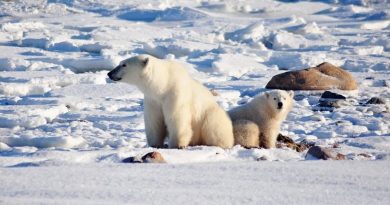Allies testing naval readiness in Canada’s Arctic
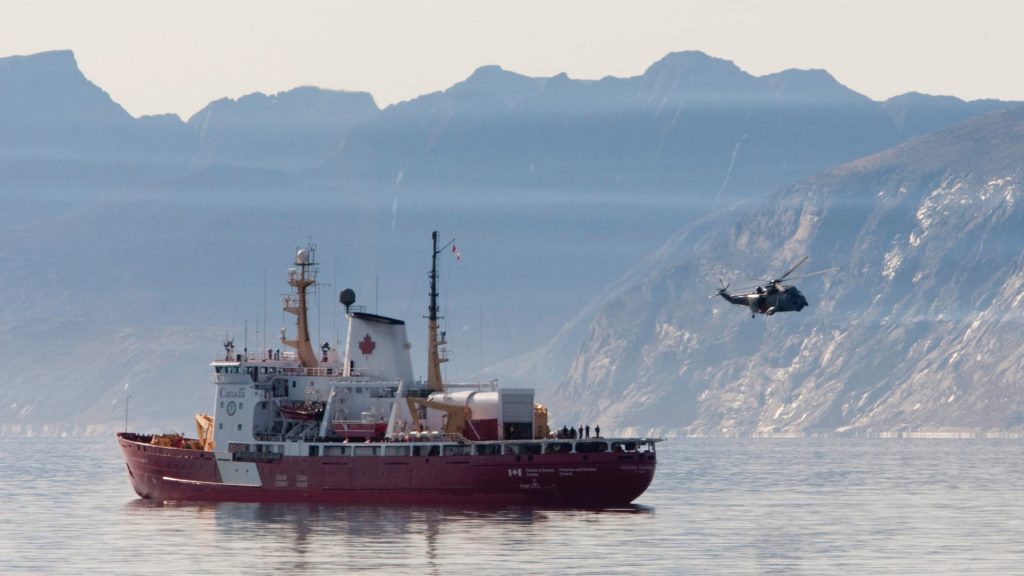
Operation Nanook, the Canadian military’s annual northern sovereignty exercise, is taking on a distinct NATO look this year with the participation of three other allies, one of which is not an Arctic nation.
Five warships, a replenishment vessel and U.S. coast guard cutter are slated to take part in the three-week drill, which senior American and Canadian commanders said Monday was designed to test not only their ability to operate together in the harsh environment but also their “basic war-fighting” skills.
Canada is sending the frigate HMCS Ville de Quebec, the coastal defence vessel HMCS Glace Bay and the supply ship MV Asterix.
Joining them will be Danish frigate HDMS Triton, the French coastal defence ship FS Fulmar, the U.S. coast guard cutter Tahoma and the brand-new American guided missile destroyer USS Thomas Hudner.
Canada, Denmark and the U.S. are all Arctic nations, but France is not.
The annual exercise, which began in 2007, has had international participation in the past, but the training that got underway Monday is broader and very tightly focused to include gunnery and ship-tracking scenarios.
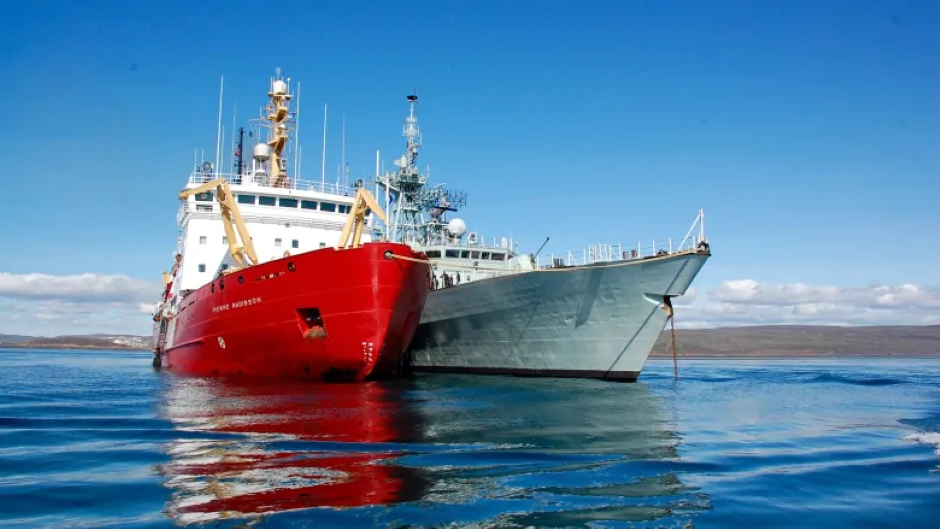
From a geopolitical perspective, the Arctic is becoming an area of increasing interest to rivals such as Russia, which has invested heavily in rebuilding its cold weather military capability, and China, a nation that has no border in the region but has embarked on an icebreaker-building binge.
American Vice-Admiral Andrew Lewis, who commands both the U.S. Second Fleet and the allies’ joint forces command in Norfolk, Va., said “this is absolutely not a NATO exercise. It’s a Canadian exercise and a Canadian-led operation.”
Having said that, NATO is interested in seeing allies gain experience operating together in the ice-choked passages and barren landscapes.
The Western military alliance has been paying increasing attention and even delivered a policy assessment on the changing shape of security in the region, all of which have drawn sharp rebukes from Russia.
The multinational exercise sends an important signal, said Vice-Admiral Steven Poulin, the U.S. coast guard’s Atlantic-area commander.
“The message is that the Arctic is strategically important. It’s becoming increasingly important for our collective national security,” Poulin told a media teleconference on Monday. “Presence [in the region] matters and I think the participation reflects that presence matters.”
Rear Admiral Brian Santarpia, the commander of Canada’s East Coast fleet, said the region is so vast and harsh that allies need each other to operate safely and effectively, and that the exercise will test how well they can do that.
The example he gave, compared to some of the planned training, was benign and involved a search-and-rescue scenario involving a stricken cruise ship, an illustration the Canadian military has frequently invoked to describe the kinds of missions that might take place.
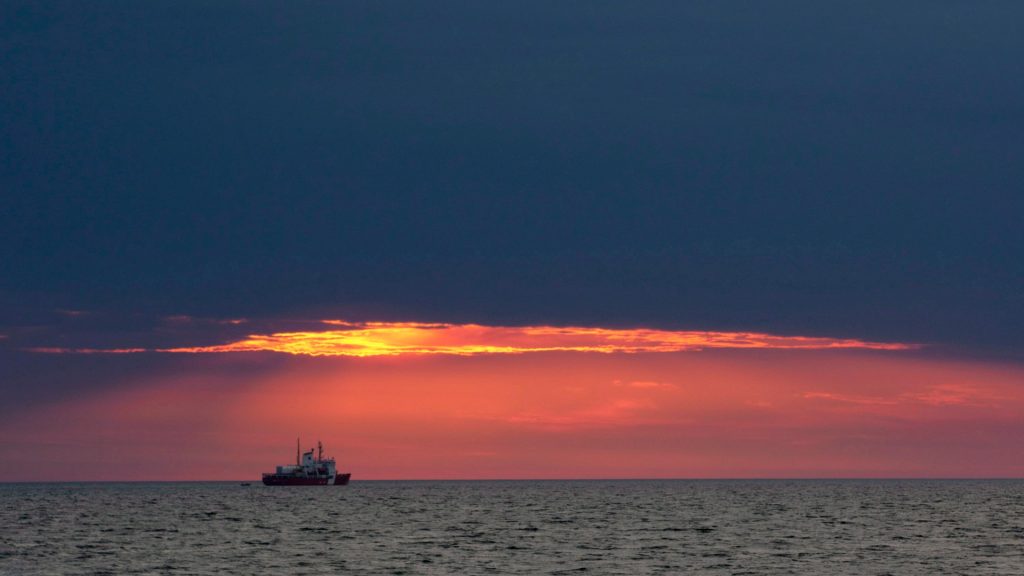
In comparison to previous years, Operation Nanook is being scaled back and there are restrictions, such as a ban on port visits, because of the coronavirus pandemic.
Santarpia said every effort is being made to ensure that the isolation from COVID-19 that the people of the North have largely enjoyed will be maintained.
Demonstrating to potential adversaries that the virus has not hindered the ability of the U.S. and other nations to deploy forces in harsh conditions is an underlying message, Lewis suggested.
“We have a lot of missions out there,” he said. “It’s a COVID-environment for sure, but it’s also hurricane season … We continue to march through that.”
Related stories from around the North
Canada: COVID-19 blamed as work on Canadian Arctic military port first promised in 2007 sees new delay, The Canadian Press
Denmark: Pompeo to talk Arctic at upcoming meeting with Danish Foreign Minister, Eye on the Arctic
Iceland: Nordics should aim for common approach to China’s Arctic involvement says report, Eye on the Arctic
Norway: Norway strengthens its Arctic military in new defense plan as security concerns grow in the region, The Independent Barents Observer
Russia: Two Chinese rigs prepare for drilling in Russian Arctic waters, The Independent Barents Observer
Sweden: Sweden’s FM calls for more EU involvement in Arctic as country hosts EU Arctic Forum, Radio Sweden
United States: Trump advances new icebreaker plan, Alaska Public Media

